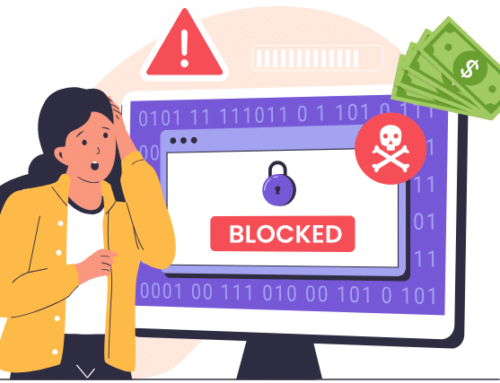
Hospitals, private practices, and other healthcare facilities must safeguard patient privacy and ensure proper collection and use of all information they collect from the people in their care. The Health Insurance Portability and Accountability Act (HIPAA) compliance patient consent form is essential for properly using and disclosing protected health information (PHI). In this article, we review the HIPAA Privacy Rule and discuss the various types of consent forms your healthcare organization can rely on to maintain compliance with HIPAA regulations.
Why Patients Sign a HIPAA Consent Form
No patient should ever have to provide their PHI without fully knowing its potential use and the possible benefits and risks of sharing it. This principle is the basis for the HIPAA Privacy Rule, which requires organizations to protect against unapproved disclosure and use of PHI.
Failure to get informed consent can have dire consequences for your organization. For instance, if you use a patient’s likeness in a billboard campaign without their permission, you could be found negligent and liable for damages. Furthermore, a doctor using or sharing PHI without proper authorization can be liable for malpractice simply for breaching the principle of informed consent.
Different Types of HIPAA Consent Forms
Anytime you ask patients for their PHI to use or share, you must ask them to review and sign all necessary HIPAA forms to obtain their authorization. In addition to forms that request a patient’s consent to treatment, there is the general HIPAA release form, which authorizes providers and healthcare organizations to share PHI with specified parties, such as designated next of kin or other doctors who currently treat the patient. The HIPAA compliance patient consent form must provide details about which PHI your organization will share or disclose, reasons for sharing it, and for how long.
HIPAA Text Messaging Consent Form
HIPAA laws also apply to digital patient-provider interactions, including SMS or text messaging. Most people have smartphones and rely on texts to stay in contact with virtually everyone, including their doctors. Patients who opt for text messages must sign a HIPAA text messaging consent form outlining their rights when using this communication channel. This document must explain how your organization will use text messages, what types of messages you might share and with whom, and any potential risks of text messaging.
HIPAA Photo Consent Form
Not all PHI use is related to treatment. Your healthcare organization may use patient photos or other images for marketing, public health education, or other forms of outreach. In these cases, patients must also read and sign a HIPAA photo consent form, which authorizes the release of their photo or likeness for marketing or other purposes. This document should also detail the patient’s rights and potential risks of using their images and explain that their withdrawal of consent will not affect the quality of their treatment.
Some photos you collect may not require the patient’s signature, such as for internal educational purposes or to improve patient care. Nevertheless, you must still take measures to store this information securely in an encrypted location. However, remember that any PHI you use publicly or externally requires written consent.
Benefits of HIPAA Compliance Software
Medical providers and their healthcare organizations must understand the complexities of HIPAA laws regarding informed consent. Collecting and using PHI without patient consent violates a sacred trust, diminishes your organization’s reputation, and opens you to legal and civil consequences.
Even with the best intentions, staying on top of all the HIPAA rules can be challenging without adequate support and resources. Compliancy Group offers the latest HIPAA compliance software that removes the guesswork from following HIPAA regulations. Our software gives you access to a central platform from which you can streamline all your tasks, enabling you to:
- Track all compliance tasks through a centralized dashboard
- Provide HIPAA training to all employees and monitor all training activities
- Store compliance documents and provide access to organizational policies and procedures
- Track and report incidents along with corresponding corrective actions
- Conduct audits and risk assessments
- Automate administrative tasks
At Compliancy Group, we understand the complexities of HIPAA regulations. Our software, resources, and guidance can help your organization maintain compliance. Contact our team today to learn more about our HIPAA compliance software.









